The 2017 Chevrolet Volt walked away from the latest round of Insurance Institute for Highway Safety tests with a Top Safety Pick+ rating. Unfortunately for Tesla, the Model S couldn’t say the same any longer.
The IIHS rated the Model S with only an “Acceptable” rating in the small frontal overlap test, whereas the Volt managed a “Good” rating. Crash tests also found the Tesla Model S P100D to be slightly too heavy for its own roof, which could become a concern if the event of a rollover crash, according to Road & Track. Not likely, but no impossible, either.
It’s shocking since the Tesla Model S was once considered the safest car on the road in America, a title it claimed nearly four years ago. Tesla responded to the crash tests stating it was working on updates to address the small overlap test, in which it expects to be raised from “Acceptable”, to “Good”.

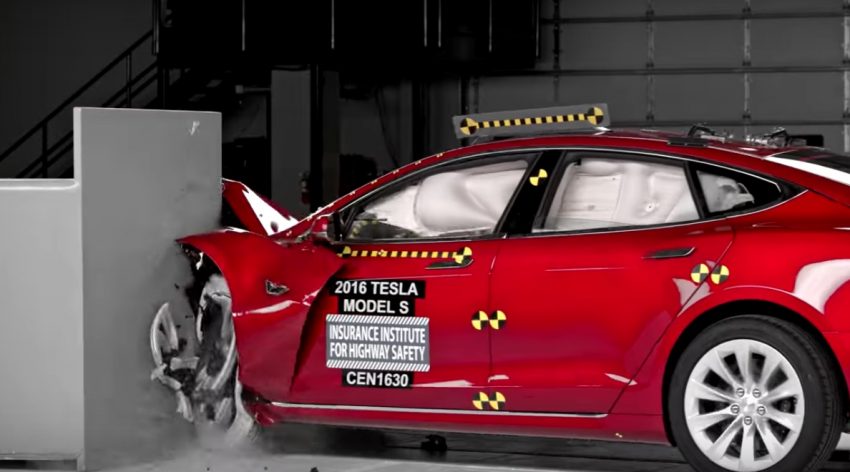

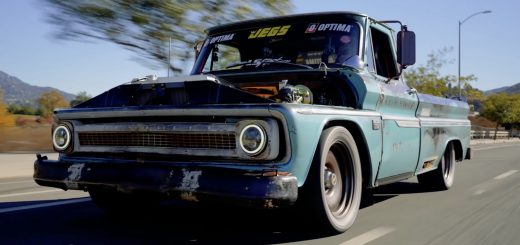

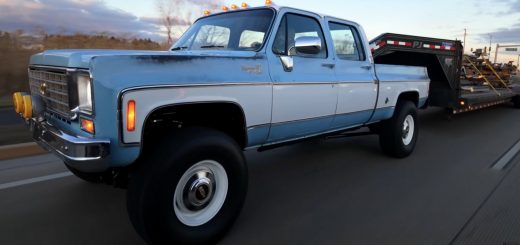
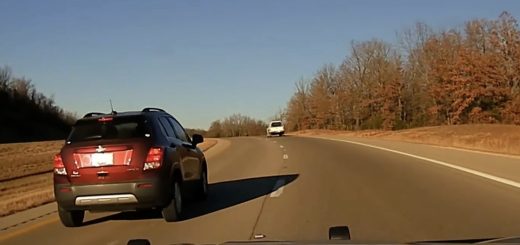
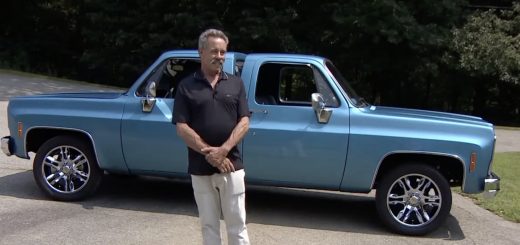
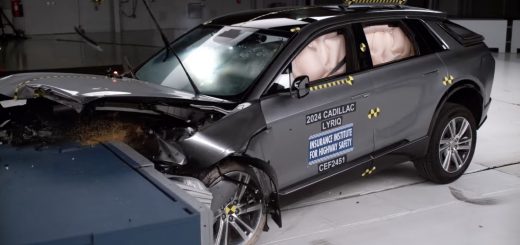
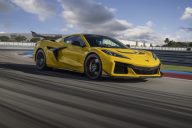



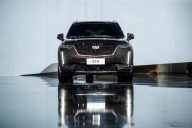
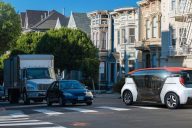
Comments
I read this often. A less expensive vehicle being safer than a more expensive one. Even the toyota prius is safer tham a Tesla Motors Model S.
The buyer has to choose what is more importatnt, either driver a “cooler” car or survive an accident. I drive GM cars, and in three accidents, my car came out safer.
This is a classic example of how these test are not consistent.
Trust me I am no Tesla fan but you can tell me this car passed how many years leading and now it is bad? They have not changed the car other than the bumper cover and that is not going to change the results.
We have seen the same with GM models too where they test a model and it fails and then the next year with the same car and no changes it passes.
Automakers will remain silent as they do not want to look bad but this whole deal is a scam.
You can crash these cars 5 times and get 4 different results as the impacts can vary a little and change the results much.
They really need to computer test these as they can do simulations that are not only accurate but consistent.
I love it when ever GM does good but I know full and well the next year they could fail with the same car and not one change.
We see the same with quality ratings. You can see a GMC truck and a Chevy built in the same plant by the same people on the same line with the same parts and one will test better than the other for quality. So the different sheet metal changes the quality?
I work in quality assurance and it is my job to make sure all factors are equal so you can test something and then compare the results. It is important that you can repeat the test identically so the results can be compared.
Failure skews the results and make the results invalid.
To be honest these test will point out glaring issues if there is one but generally most of these cars are nearly as safe as the other. Once in a while a real stinker comes along but the variance in these test can really change the results. Even then odds are you walk away with air bag burns and cuts.
and you are a bulls**t.
“We have seen the same with GM models too where they test a model and it fails and then the next year with the same car and no changes it passes.”
Do you have a source?